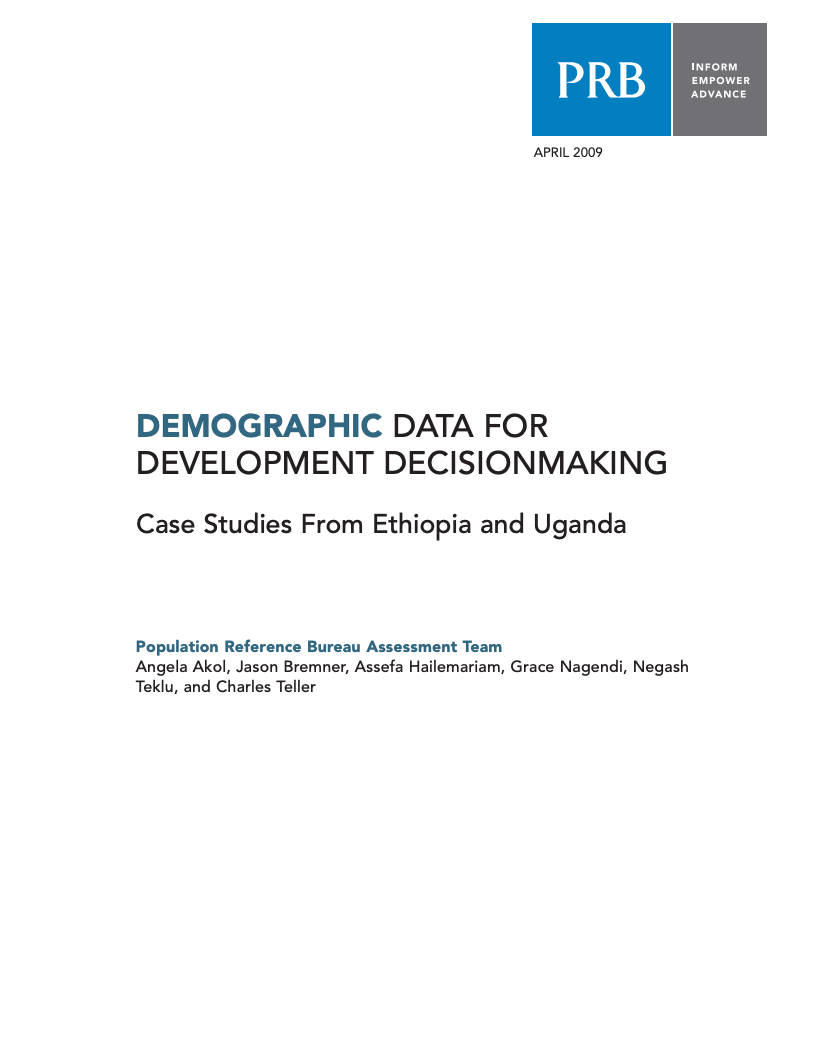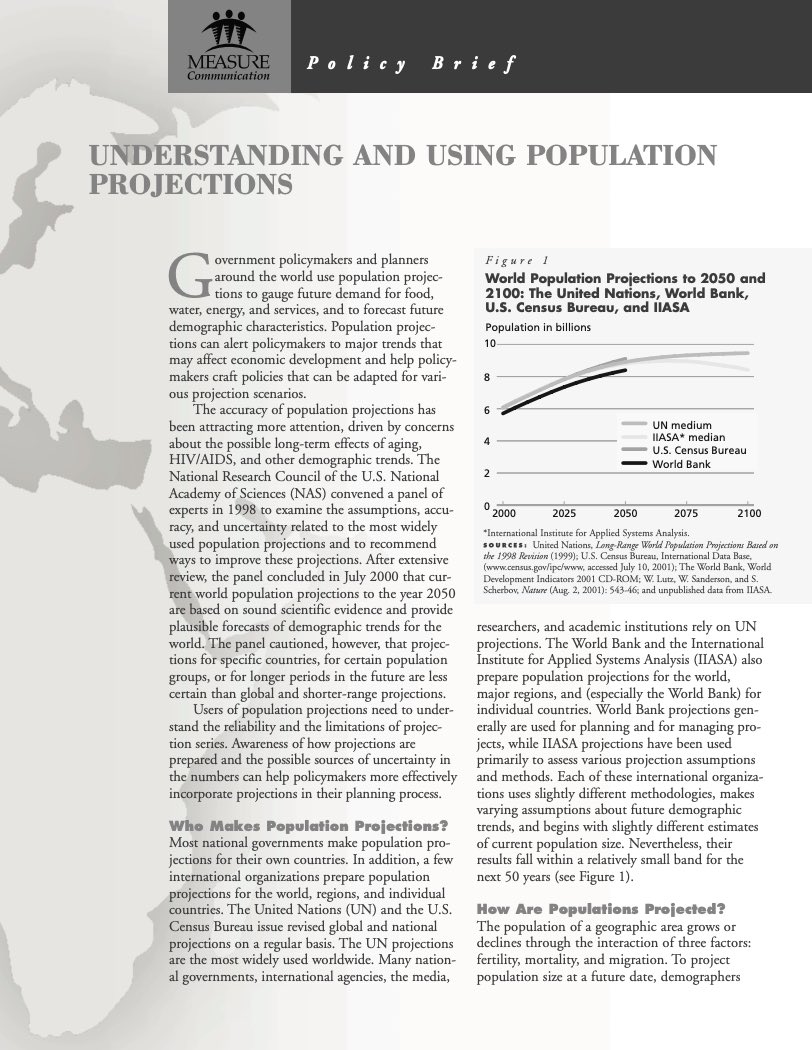Project: PACE: Policy, Advocacy, and Communication Enhanced for Population and Reproductive Health
Three Takeaways on the Four Dividends: How Age Structure Change Can Benefit Development
The dividends from demographic change are not limited to the economy. PRB’s new interactive web feature shows how maturing age structures open a window of opportunity across four sectors—health, education, economic, and political.






